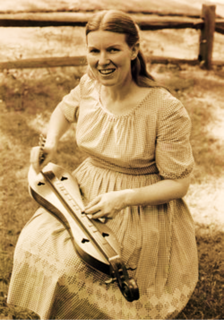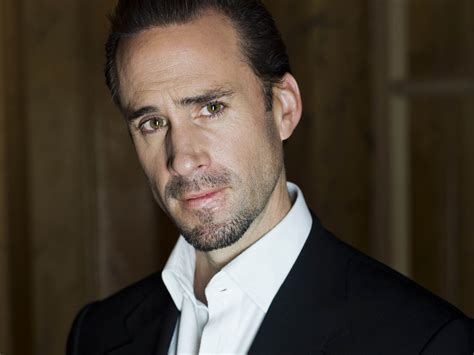A Quote by Carl Sagan
If some good evidence for life after death were announced, I'd be eager to examine it; but it would have to be real scientific data, not mere anecdote. As with the face on Mars and alien abductions, better the hard truth, I say, than the comforting fantasy.
Related Quotes
There exists a mountain of circumstantial evidence that consciousness survives bodily death. This is the kind of evidence that would stand up in a court of law. Some people believe that science needs better tools to quantify what consciousness is. Perhaps when we discover what consciousness is we will be on the road to providing absolute scientific evidence that there is life after death.
In my view, our approach to global warming exemplifies everything that is wrong with our approach to the environment. We are basing our decisions on speculation, not evidence. Proponents are pressing their views with more PR than scientific data. Indeed, we have allowed the whole issue to be politicized-red vs blue, Republican vs Democrat. This is in my view absurd. Data aren't political. Data are data. Politics leads you in the direction of a belief. Data, if you follow them, lead you to truth.
For us, time travel is synonymous for the belief in all the things that are not seen, and also for the most outlandish claim that you could possibly make. To say that you're a time traveler is weirder than saying you're an alien. It's really strange to sit down in a basement and be face-to-face with someone who claims to be a real time traveler. So, for us, it was about the nuts and bolts of what it would be like, if you were face-to-face with someone who claimed to be from the future.
Why not just tell people I'm an alien from Mars. Tell them I eat live chickens and do a voodoo dance at midnight. They'll believe anything you say, because you're a reporter. But if I, Michael Jackson, were to say, 'I'm an alien from Mars and I eat live chickens and do a voodoo dance at midnight', people would say, 'Oh, man, that Michael Jackson is nuts. He's cracked up. You can't believe a damn word that comes out of his mouth.
It is an odd fact of evolution that we are the only species on Earth capable of creating science and philosophy. There easily could have been another species with some scientific talent, say that of the average human ten-year-old, but not as much as adult humans have; or one that is better than us at physics but worse at biology; or one that is better than us at everything. If there were such creatures all around us, I think we would be more willing to concede that human scientific intelligence might be limited in certain respects.
Ultimately, all I wanted was for players to feel like they were in the real world. I wanted them to be able to apply real world common sense to the problems confronting them, and I thought recreating real world locations would encourage that kind of thinking. There's also just a real power, a real thrill, when you fire up a game and see a place you've been or want to go, and then get to do all the stuff you WANT to do there but know you'll get arrested if you try! If that isn't the stuff of fantasy - far more than exploring some goofy dwarven mine or alien spaceship - I don't know what is!
Evidence-based reasoning underpins all scientific thinking, and it involves testing hypotheses or theories against data. Validating a theory requires replicable measurements from independent groups with different equipment and methods of analysis. Convergence of evidence is critical to the acceptance of a scientific idea.
How is it that, in the face of overwhelming scientific evidence, there are still some who would deny the dangers of climate change? Not surprisingly, the loudest voices are not scientific, and it is remarkable how many economists, lawyers, journalists and politicians set themselves up as experts on the science.
Granted the endless variations of moral customs, still the essential standards persist. As in a scientific laboratory, all else may change but the standards are unalterable- disinterested love of truth, fidelity to facts, accuracy in measurement, exactness of verification-so, in life as a whole, the towering ethical criteria remain unshaken. Falsehood is never better than truth, theft better than than honesty, treachery better than loyalty, cowardice better than courage.
And fantasy it was, for we were not strong, only aggressive; we were not free, merely licensed; we were not compassionate, we were polite; not good, but well behaved. We courted death in order to call ourselves brave, and hid like thieves from life. We substituted good grammar for intellect; we switched habits to simulate maturity; we rearranged lies and called it truth, seeing in the new pattern of an old idea the Revelation and the Word.



































